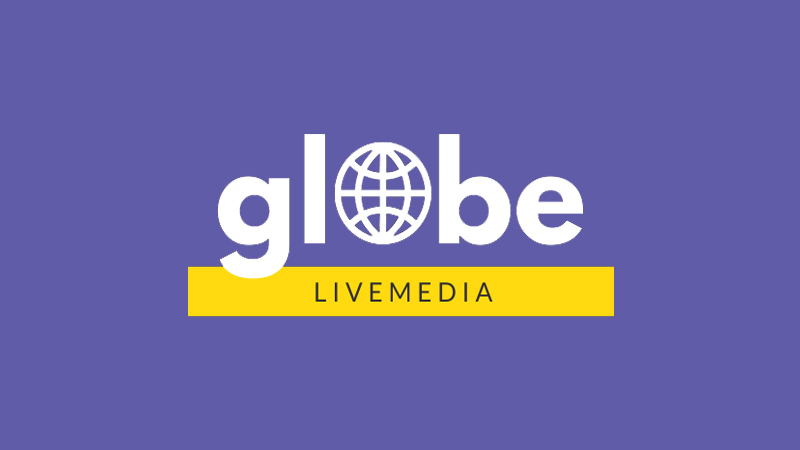Russian President Vladimir Putin celebrated on Wednesday the extension of the New START treaty on the limitation of nuclear weapons, a day after the agreement “in extremis” with the United States that represents an advance for both geopolitical rivals in their difficult relations.
This extension “is undoubtedly a step in the right direction,” Putin said during his telematic intervention at the Davos Forum, although he specified that world security continues to be threatened by growing international tensions.
The New START is the latest bilateral agreement of its kind linking the two nuclear powers.
His extension suggests an improvement in the dialogue between Washington and Moscow, a week after the arrival of Joe Biden to power in the United States, although both countries have already warned that they will remain firm in their national interests.
Moscow was quick to confirm the extension of the agreement. The Russian parliament unanimously ratified its extension until 2026 on Wednesday, a few days before the expiration of the text, scheduled for February 5.
Russia’s go-ahead comes a day after the first phone conversation between the Russian president and his new American counterpart. During the presidency of his predecessor in the White House, Donald Trump, these discussions were blocked.
After the conversation, Washington and Moscow indicated Tuesday night that they reached an agreement.
This extension is the first diplomatic success in years between the United States and Russia, whose relations are at their worst since the end of the Cold War due to persistent disagreements on various international issues and mutual accusations of interference.
The agreement, signed in 2010, limits the arsenals of both to 1,550 warheads each, that is, 30% less than the threshold set in 2002, and to 800 launchers and heavy bombers, an amount that, nevertheless, is still enough to destroy the Earth several times.
The Trump administration had agreed to a one-year conditional extension, with the aim of negotiating a more comprehensive deal that would include China in the meantime. But the talks with Moscow and Beijing were unsuccessful.
These negotiations took place in full questioning and withdrawal by Trump of important international pacts, such as the Iranian nuclear agreement, the disarmament treaty on intermediate-range nuclear forces (INF) or the “Open Skies” treaty on aerial surveillance.
Germany assured, from the mouth of its Foreign Minister, Heiko Maas, that the extension will bring “more security” to Europe and called for “urgently” reversing Washington’s withdrawal from other nuclear agreements.
Despite a rapprochement on the New START treaty, Biden, which is seen as more offensive to Russia than his predecessor, detailed on Tuesday the issues that oppose him to Putin’s Russia.
According to his spokesman, the US president mentioned Russia’s “aggression” against Ukraine, the “poisoning” in August of the Russian opponent Alexei Navalni or the accusations of electoral interference and Russian cyber attacks against the United States.
On Monday, Russian diplomacy protested the role of the US embassy and US internet giants during demonstrations that mobilized tens of thousands of people in Russia to call for Navalni’s release.
The Russian president, who was one of the last heads of state to congratulate Biden on his victory in November, said in late December that he did not expect a radical change in relations between Moscow and Washington.
Kremlin spokesman Dmitri Peskov stressed on Wednesday that the conditions for a “resumption” of relations between Russia and the United States were not met “for the time being.”

